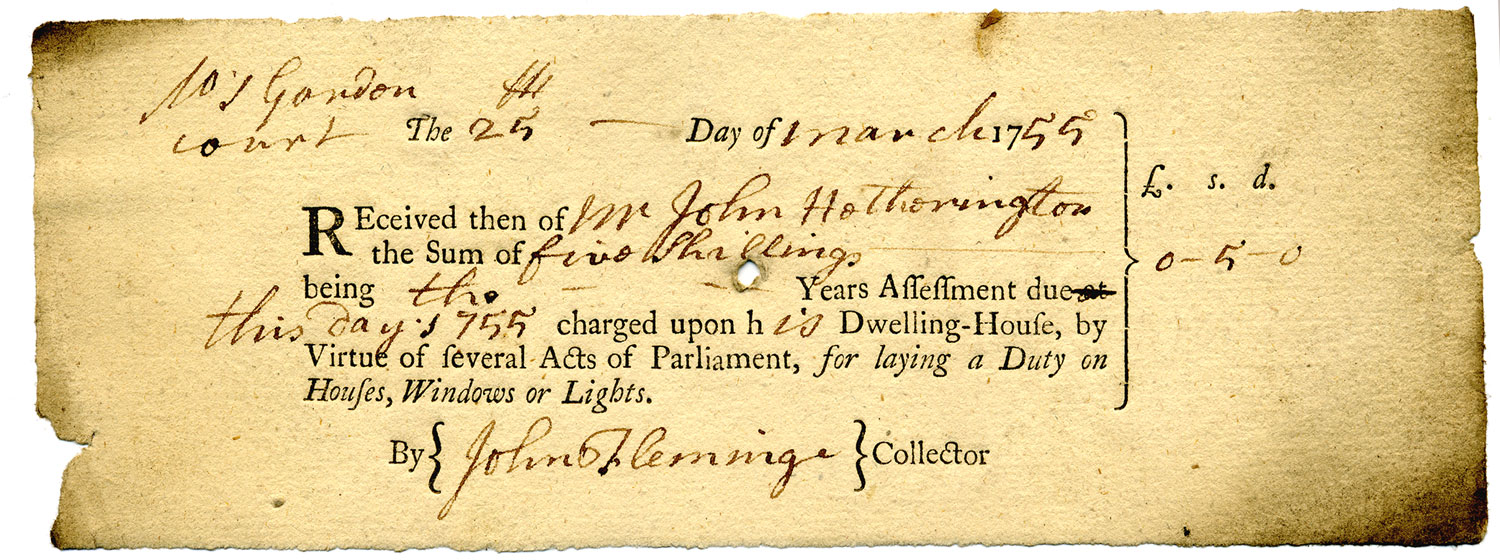 >
>
 >
>
No Taxation, No Illumination! A Bricked-Up History of Tax Rebellion Imagine a world where sunlight was a luxury, a privilege taxed by the crown. A world where people, rather than embrace the warmth of the sun, chose to brick up their windows. This was the reality of 18th-century England, a time when a seemingly innocuous tax ignited a peculiar form of civil disobedience. The Window Tax, as it was known, was a levy imposed by the British government. The more windows a property had, the higher the tax. The logic was simple: more windows implied a more affluent household, and therefore, a greater capacity to pay taxes. However, the British people, ever resourceful and resistant to excessive taxation, found a rather ingenious way to circumvent the law. They began to brick up their windows, reducing their tax burden. This led to a bizarre architectural trend, with houses across the nation sporting fewer and fewer windows. The result was a nation bathed in perpetual twilight, a testament to the lengths people will go to avoid paying taxes. The Window Tax, though seemingly a minor imposition, sparked a larger debate about the limits of government power and the rights of the individual. While the tax was eventually repealed, its legacy lives on. The bricked-up windows that adorn many historic buildings in England serve as a reminder of this peculiar chapter in British history. They are a testament to the ingenuity and resilience of the British people, who, in the face of oppressive taxation, found a way to shine a light on the absurdity of the system.